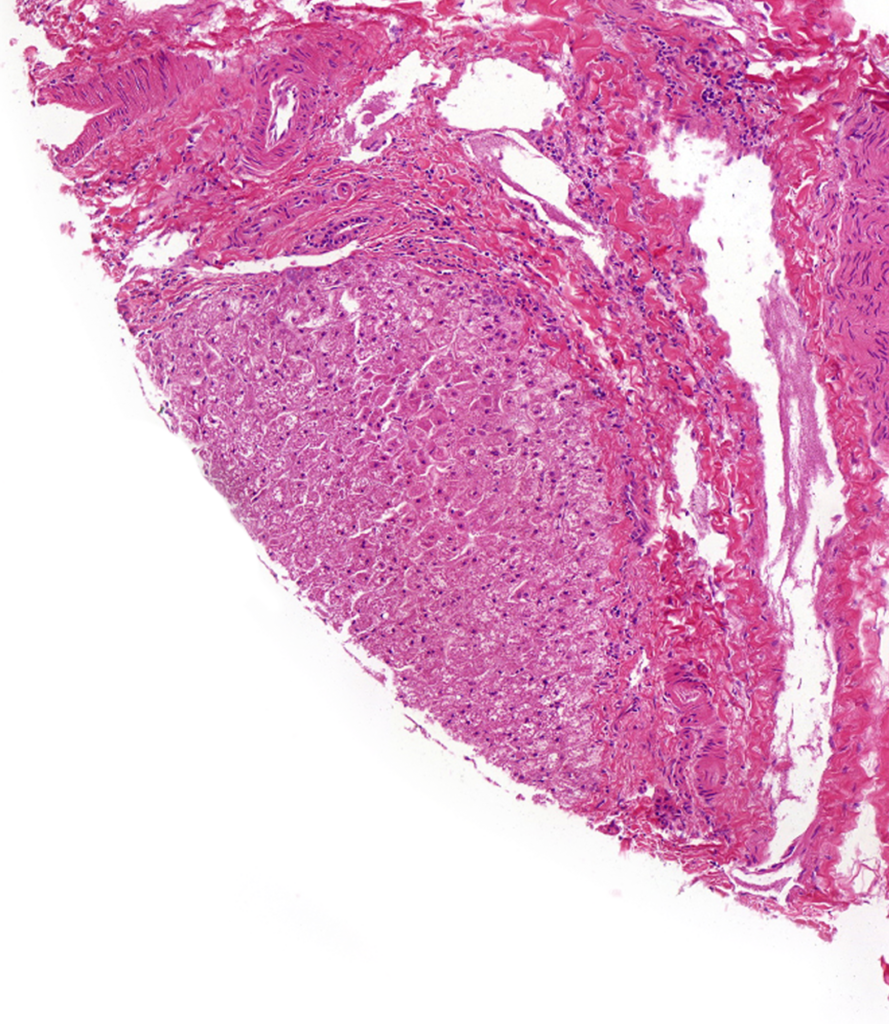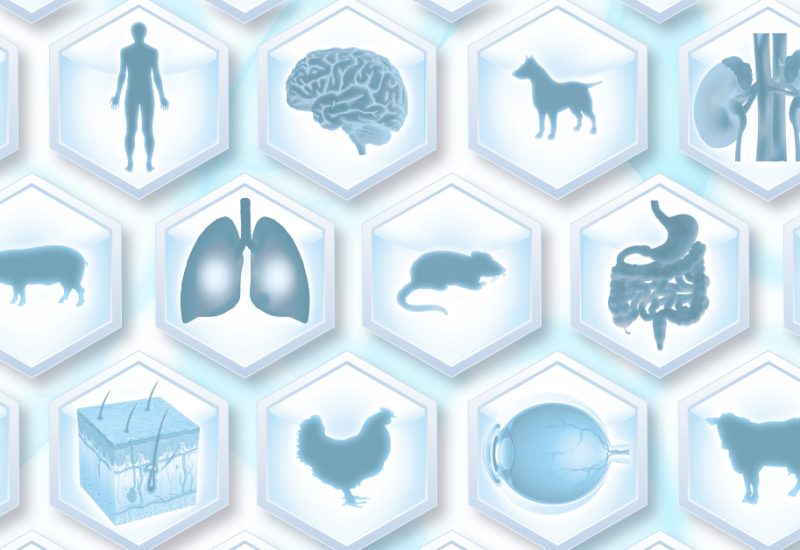We offer renal subcellular fractions isolated from male CD-1 mouse kidney tissue, demonstrating high enzyme activity levels. Options include matching microsomal, S9, and cytosolic fractions to minimize variation.

Mouse Kidney Microsomes, S9 & Cytosol
XenoTech products are now available for purchase at BioIVT.com!
Browse BioIVT’s hepatocytes, subcellular fractions & recombinant enzymes and create an account on bioivt.com to view pricing, generate quotes, and purchase products. Click here for a guide to the new products’ part numbers.
Kidney microsomes are supplied at 10 mg/mL protein concentration in 250 mM sucrose buffer. S9 (5 mg/mL) and cytosolic (5 mg/mL) fractions are supplied in 50 mM TRIS-HCI, (pH 7.4 at 4ºC) containing 150 mM KCI and 2 mM EDTA.
Utilizing CD-1 Mouse Renal Subcellular Fractions in Preclinical Research
Extrahepatic subcellular test systems can be used in metabolism studies to study how a drug’s disposition is affected by interaction with enzymes outside of the liver.
Kidney cellular and subcellular test systems can be especially useful in some drug development assays due to higher expression of certain clinically-relevant enzyme activities, including Phase I (CYP4A, CYP4B) and Phase II (UGT1A6, UGT2B7, SULT1C2, DT-diaphorase (NQO1)) enzymes. The kidney is also responsible for hydroxylation of fatty acids and their derivatives and can be a major site of drug-induced toxicity.
Our unique preparation methods allow for large lots for consistency between assays and availability of matching S9, microsomes, and cytosol for correlation between studies using different test systems; and our proprietary preparation methods maximize stability over multiple freeze-thaw cycles (see table below).
Microsomes contain the highest concentration of many important drug-metabolizing enzymes including cytochrome P450 (CYP) and UDP-glucuronosyltransferase (UGT) enzymes. Homogenate and S9 fractions contain a mixture of membranes and soluble enzymes that can be further fractionated into cytosolic and microsomal subcellular fractions. Homogenate and S9 express a wide variety of phase I and phase II enzymes and are recommended for many different drug metabolism and phamracokientics (DMPK) studies. Microsomal fractions are enriched for phase I enzymes, while Cytosolic fractions contain various soluble drug-metabolizing enzymes and are a recommended test system for evaluating phase II metabolic reactions of a test compound – especially once reactions have been observed in S9 fractions.

Make sure your microsomes and S9 fractions are properly activated
For best results from assays using microsomes and S9 fractions, we recommend using NADPH regeneration to support high metabolism levels by ensuring that the NADPH levels are not a limiting factor in your incubations. Our preferred system, RapidStartTM, uses an enzymatic reaction that converts NADP to NADPH, which is then used as a cofactor by CYPs and oxidized back to NADP, and the cycle continues ensuring stable NADPH levels throughout the incubation. RapidStartTM NADPH regeneration is easily activated by simply adding water. Our easy-to-use formula is the most convenient and flexible NADPH regenerating system you’ll find, allowing users to easily tailor the system’s capability by simply varying the amount of water added. RapidStartTM is perfect for long- and short-term incubations and supports the function of recombinant enzymes and subcellular fractions, allowing you to achieve the most accurate and reliable data during your in vitro assays.
Don’t see what you need? Other preparations can be made available!
If you require subcellular test systems not available through our standard product offerings, Custom Subcellular Preparations can be easily ordered to meet the specific needs of your study.
Our designated Custom Products team regularly prepares and isolates cells and/or subcellular fractions from more than 45 different species and has capabilities to meet unique needs that are unavailable through most vendors– non-standard rodent strains, farm animals, insects, precarious tissue isolations such as adrenal gland or jejunum. Our specialists can carry out over 40 characterization assays, providing the end user with a good foundation for their DMPK assays. See our Custom Products page for examples of past custom preparations or get in touch with a specialist to find out how we can meet your needs.


